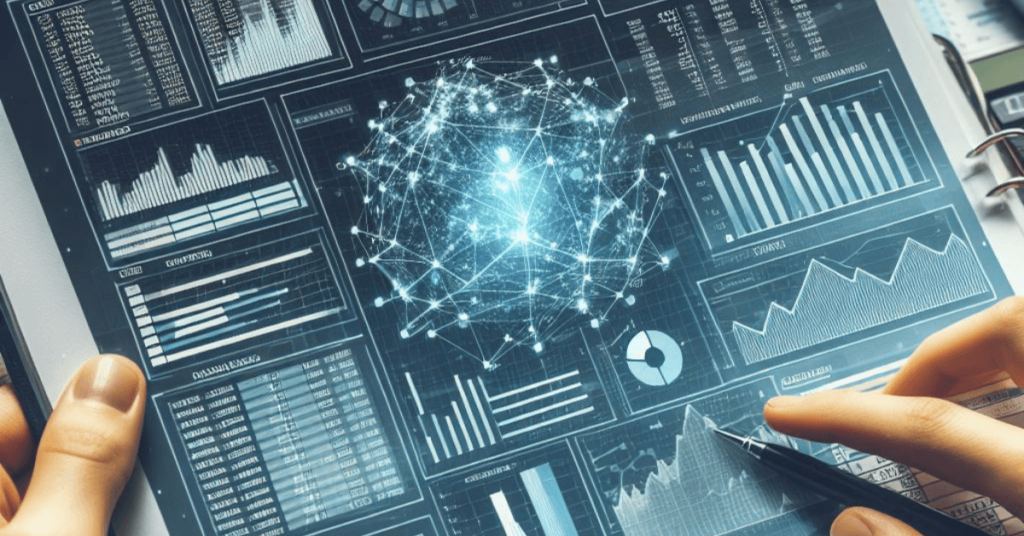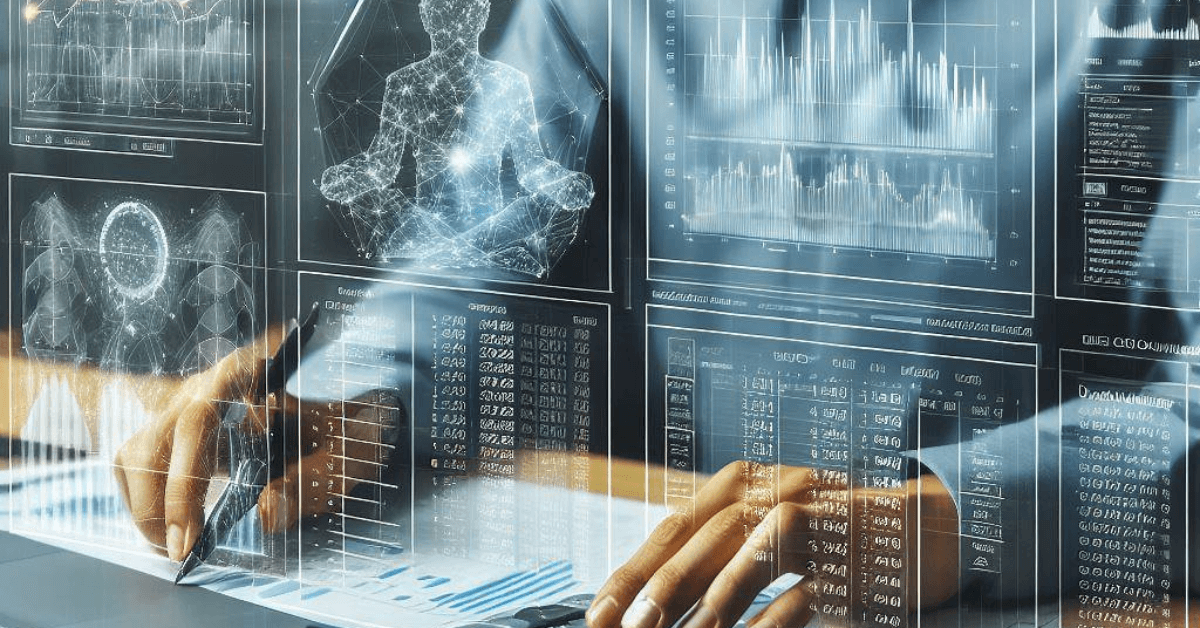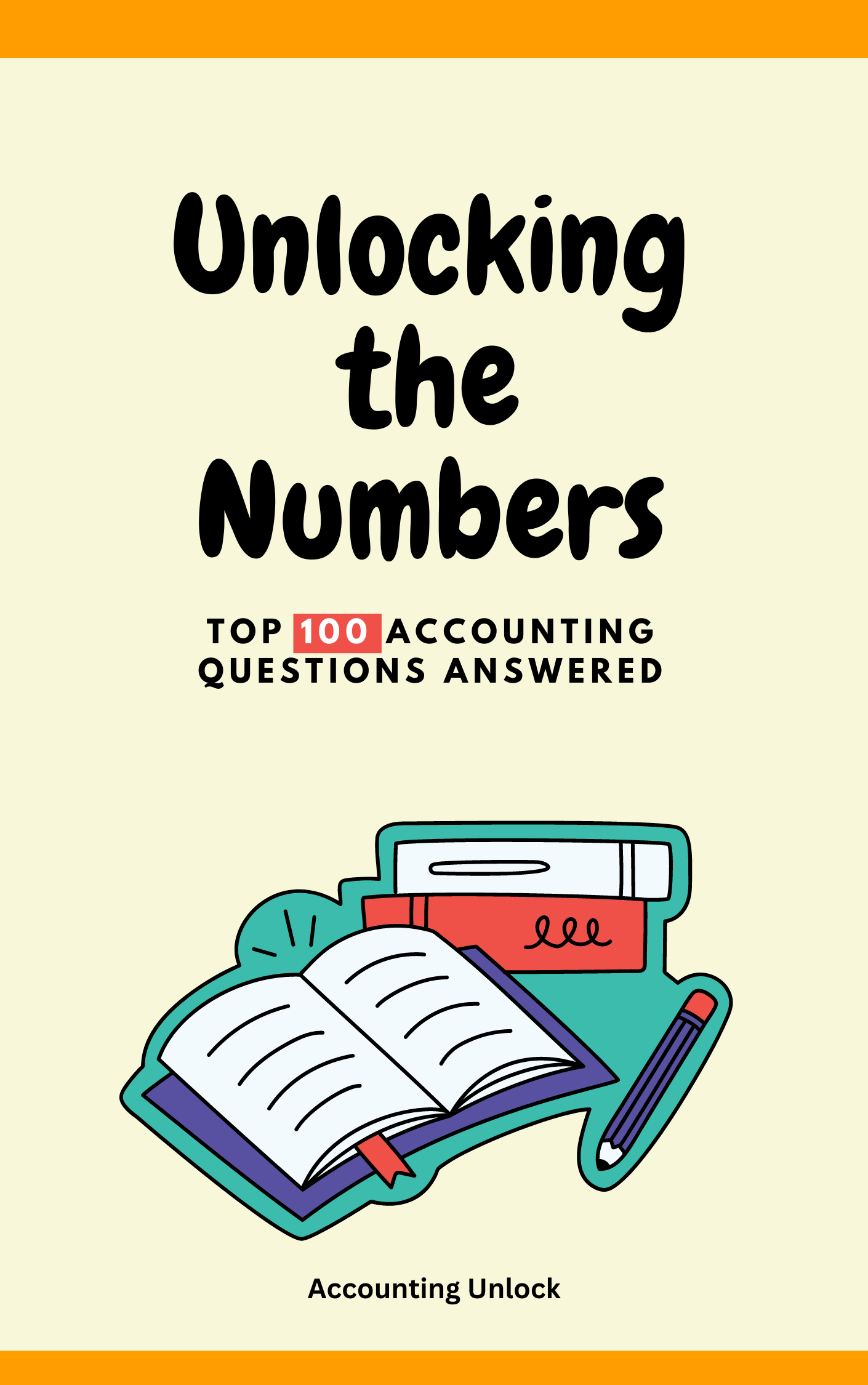Welcome, young accountants-in-training! Today, we delve into the fascinating world of machine learning in accounting.
Machine learning is a branch of artificial intelligence that enables computers to learn from data and make predictions without being explicitly programmed. It has many applications in various fields, such as medicine, education, finance, and accounting.
But what does machine learning mean for accounting? Is it a friend that can help accountants perform their tasks more efficiently and accurately, or is it a foe that can replace them and make them obsolete?
In this blog post, we will explore the benefits and challenges of machine learning in accounting, and how accountants can adapt to this emerging technology.
Table of Contents
What is Machine Learning and How Does It Work?
Before we dive into the impact of machine learning on accounting, let’s first understand what machine learning is and how it works.
Machine learning is a process of teaching computers to perform tasks that humans can do, such as recognizing images, understanding speech, playing games, and making decisions. To do this, machine learning algorithms use data as input and output predictions or actions based on the patterns and relationships they find in the data.
For example, a machine learning algorithm can learn to identify cats and dogs in photos by analyzing thousands of images labeled as cats or dogs, and then use this knowledge to classify new images as cats or dogs.
There are different types of machine learning algorithms, such as supervised learning, unsupervised learning, and reinforcement learning.
Supervised learning is when the algorithm learns from labeled data, such as the cat and dog example.
Unsupervised learning is when the algorithm learns from unlabeled data, such as finding clusters of similar customers based on their purchase history.
Reinforcement learning is when the algorithm learns from trial and error, such as a robot learning to walk by receiving rewards or penalties for its actions.
Machine learning algorithms can also be classified as shallow or deep, depending on the complexity and depth of their architecture.
Shallow algorithms, such as linear regression and decision trees, use simple mathematical functions to model the data.
Deep algorithms, such as neural networks and deep reinforcement learning, use multiple layers of interconnected units to model the data. Deep algorithms can capture more complex and nonlinear patterns and relationships in the data, but they also require more data and computational power to train and run.
What are the Benefits of Machine Learning in Accounting?

Machine learning can offer many benefits to accounting, such as:
1. Improving efficiency and accuracy:
Machine learning can automate and optimize many accounting tasks, such as data entry, reconciliation, auditing, reporting, and analysis. Machine learning can process large volumes of data faster and more accurately than humans, reducing errors and saving time and resources.
Machine learning can also provide real-time insights and feedback, enabling accountants to make better and faster decisions.
2. Enhancing quality and reliability:
Machine learning can improve the quality and reliability of accounting information, such as financial statements, forecasts, and valuations. Machine learning can detect and correct anomalies, outliers, and frauds in the data, ensuring the validity and integrity of the information.
Machine learning can also incorporate multiple sources and types of data, such as text, images, audio, and video, to enrich the information and provide a more comprehensive and holistic view of the situation.
3. Enabling innovation and creativity:
Machine learning can enable innovation and creativity in accounting, such as developing new products, services, and business models. Machine learning can generate new insights and opportunities from the data, such as identifying new markets, customers, and trends.
Machine learning can also create new ways of communicating and presenting the information, such as using natural language, graphics, and interactive dashboards.
What are the Challenges of Machine Learning in Accounting?

Machine learning can also pose some challenges to accounting, such as:
1. Requiring new skills and competencies:
Machine learning can require new skills and competencies from accountants, such as data science, programming, and analytics. Accountants need to understand the basics of machine learning, such as how it works, what it can and cannot do, and how to interpret and evaluate its results.
Accountants also need to be able to use and apply machine learning tools and techniques, such as selecting, preparing, and analyzing the data, choosing and training the appropriate algorithm, and validating and testing the model.
2. Raising ethical and legal issues:
Machine learning can raise ethical and legal issues in accounting, such as privacy, security, transparency, accountability, and fairness. Accountants need to ensure that the data and algorithms they use are compliant with the relevant laws and regulations, such as the General Data Protection Regulation (GDPR) and the Sarbanes-Oxley Act (SOX).
Accountants also need to ensure that the data and algorithms they use are ethical and responsible, such as respecting the rights and interests of the stakeholders, protecting the confidentiality and integrity of the information, and avoiding bias and discrimination in the outcomes.
3. Changing the role and value of accountants:
Machine learning can change the role and value of accountants, such as shifting from performing routine tasks to providing strategic advice, and from being data providers to being data interpreters. Accountants need to adapt to the changing expectations and demands of their clients, employers, and regulators, such as providing more value-added services, such as consulting, planning, and problem-solving.
Accountants also need to leverage their human skills and attributes, such as critical thinking, communication, and emotional intelligence, to complement and enhance the machine learning capabilities.
How can Accountants Adapt to Machine Learning?

Machine learning is not a threat, but an opportunity for accountants to improve their performance and value. To adapt to machine learning, accountants can:
1. Learn and update:
Accountants can learn and update their knowledge and skills on machine learning, such as taking online courses, reading books and articles, and attending workshops and seminars.
Accountants can also seek guidance and support from experts and mentors, such as data scientists, programmers, and analysts, to help them understand and use machine learning.
2. Experiment and innovate:
Accountants can experiment and innovate with machine learning, such as trying out different tools and techniques, exploring different data and scenarios, and creating new solutions and applications.
Accountants can also collaborate and network with other professionals and organizations, such as peers, colleagues, and partners, to share and exchange ideas and experiences on machine learning.
3. Embrace and integrate:
Accountants can embrace and integrate machine learning into their daily work and practice, such as using machine learning to automate and optimize their tasks, to enhance and enrich their information, and to generate and communicate their insights.
Accountants can also balance and align machine learning with their human skills and values, such as using machine learning to augment and assist their judgment, to verify and validate their results, and to explain and justify their decisions.
Conclusion
Machine learning is a powerful and promising technology that can transform accounting. Machine learning can offer many benefits to accounting, such as improving efficiency and accuracy, enhancing quality and reliability, and enabling innovation and creativity.
Machine learning can also pose some challenges to accounting, such as requiring new skills and competencies, raising ethical and legal issues, and changing the role and value of accountants.
To adapt to machine learning, accountants can learn and update, experiment and innovate, and embrace and integrate machine learning into their work and practice. Machine learning is not a friend or a foe, but a partner and a catalyst for accounting.
So, is machine learning a friend or a foe in the world of accounting? The answer lies in how we embrace and address the challenges it presents. Machine learning has the potential to revolutionize the field, automating repetitive tasks, enhancing accuracy, detecting fraud, and enabling predictive analytics. However, it also requires careful consideration regarding data quality, privacy, ethics, and the adaptability of accountants.
As young accountants, you have the opportunity to be at the forefront of this technological revolution. Embrace the possibilities, stay curious, and continuously learn to leverage the power of machine learning in accounting.






